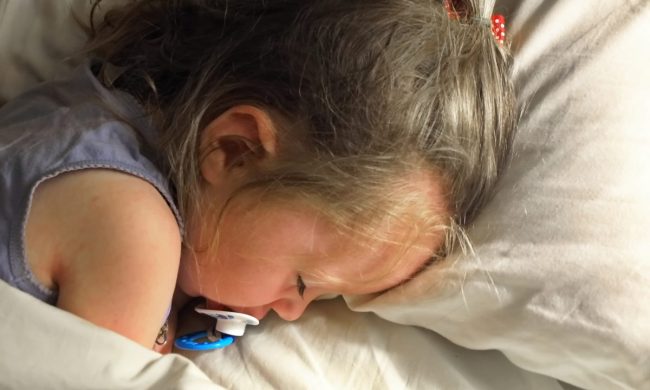Playdates will help your child learn social and communication skills. Make sure to spend time playing with them and invite their friends over whenever you can. Plan to stay if your child is under 3 years old. At this age, playdates are social activities for both children and adults. Most older children like it when you just drop them off (especially if it is with a family they know well). Some kids take time before they warm up to stay at home with another family. Often, it’s just a matter of hanging until the child feels completely comfortable.

Don’t worry but be organized
Yes, it’s a good idea to get organized, arrive on time, and begin a playdate smoothly. However, you don’t have to write a million things about the game date on your schedule and continuously stay in touch with other moms about things or worry about what happened during last week’s game.
If you make a playdate and don’t know a child very well who is coming, it’s good to talk with parents in advance. You can find out what the child likes, what game they want to play, or what toy is a favorite. You can still do it, even if your children are good friends! Children change their minds quite often, after all.
Be polite and grateful
Being polite is essential in all situations, and the playdates are no exception. There’s an unspoken but expected playdate etiquette for kids – and it’s important to teach your child to observe them respectfully. It’s primarily a crucial moment to say ” please ” and “thank you.” You want other parents to think that your child is well-trained and, of course, invite him over and over, especially if your child likes to play together and get along with other children.
Be adequately prepared
If your child has food allergies, such as gluten, dairy, or maybe nuts, you are already used to taking different foods wherever you go. You know that in some situations, your child has nothing to eat unless it is prepared and planned. You agree with this because, of course, you want your child to have something to eat.
This also applies to playdates. According to PopSugar, if your child has a food allergy, it’s a good idea to bring snacks to the playdate. This way, your child can have something you can eat, and the host does not feel too much pressure if they are not aware of allergies.
One hour is just enough for toddlers

The smaller the child, the shorter the playdate should be. When playdates for toddlers last longer than an hour, your baby may start crying. And let’s face it, no parent wants to deal with someone else’s screaming child. So while parents agree that older children can have two-hour playdates, younger children can enjoy their playing time for an hour before going home.
Two hours are not too long for preschoolers
An hour is perfect for toddlers, but most preschoolers can easily cope with two to three. Everyone has had this experience: You’re holding a playdate and see another child start crying or behaving differently when the playdate goes on too long.
Teach your child to clean up
Before you had children, you may have thought it was easy to keep your home clean. You want to clean things up once you’re done with them, get rid of the mess, and also have time to do a deep clean in your bathroom and kitchen. We all care about cleanliness, but children make chaos, and this is just normal. Teaching their children to clean up while playing in their hosts’ home is part of a successful playdate.
Children should follow the rules of the house. When you go for a playdate with your kids, teach them that it’s a good idea to be polite and go with what food is offered if your child has no allergies. If you say that you prefer children to eat at the kitchen table instead of watching a movie, the children who are in your house must agree that this is your rule. A playdate is not going to succeed if the kids say, “Well, that’s not what we do in my house … ” There must be mutual respect between the children, parents, and their hosts for a playdate to be a fun time for all.


